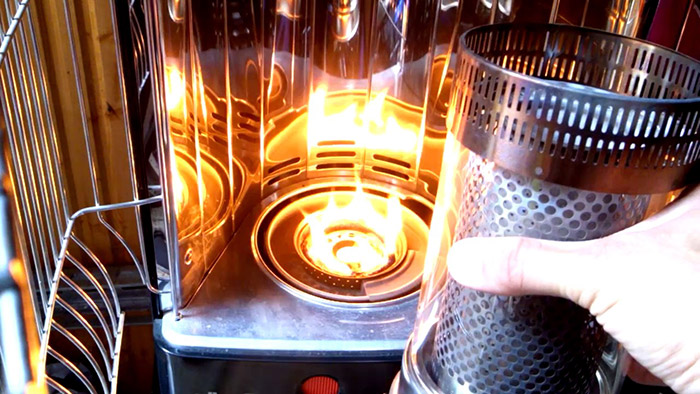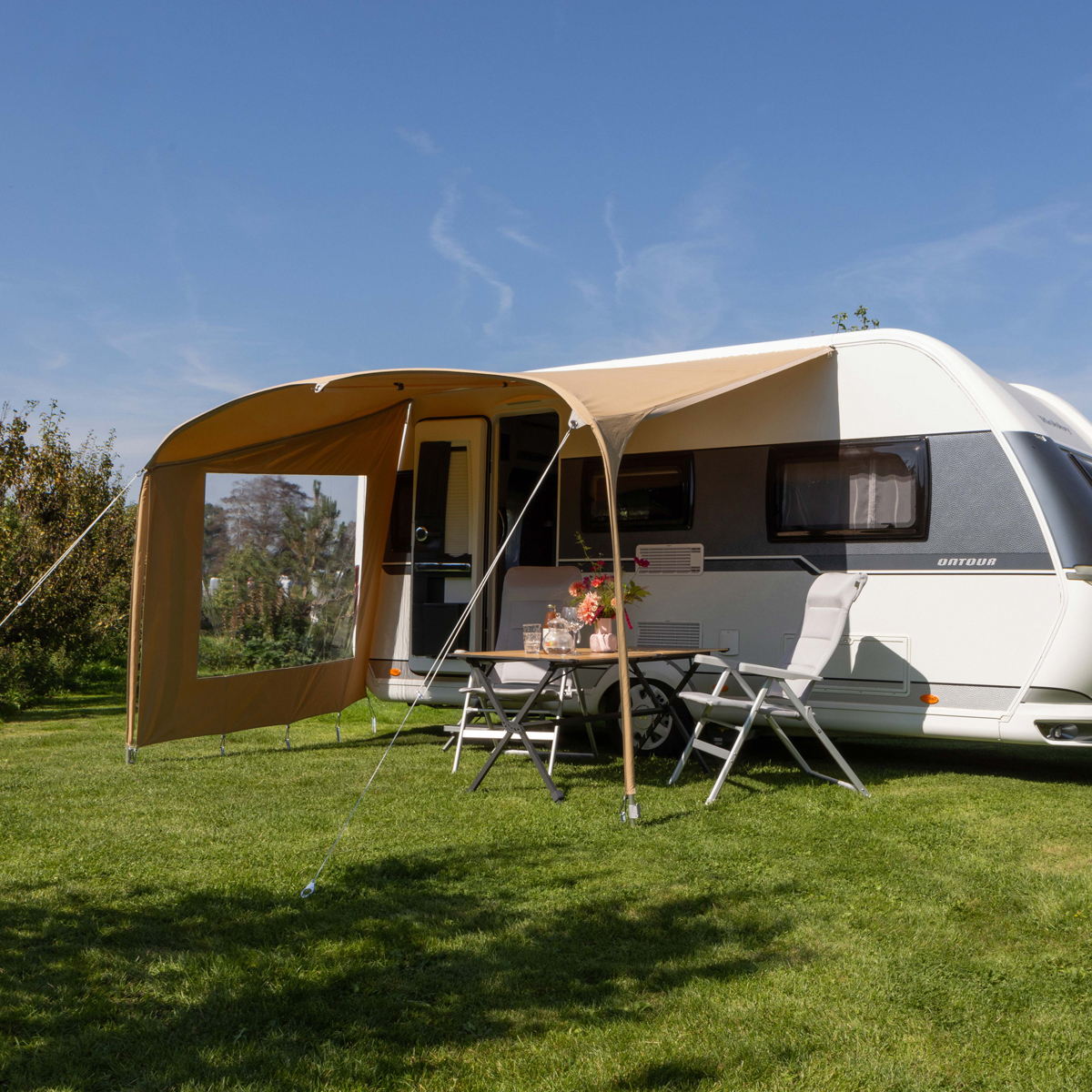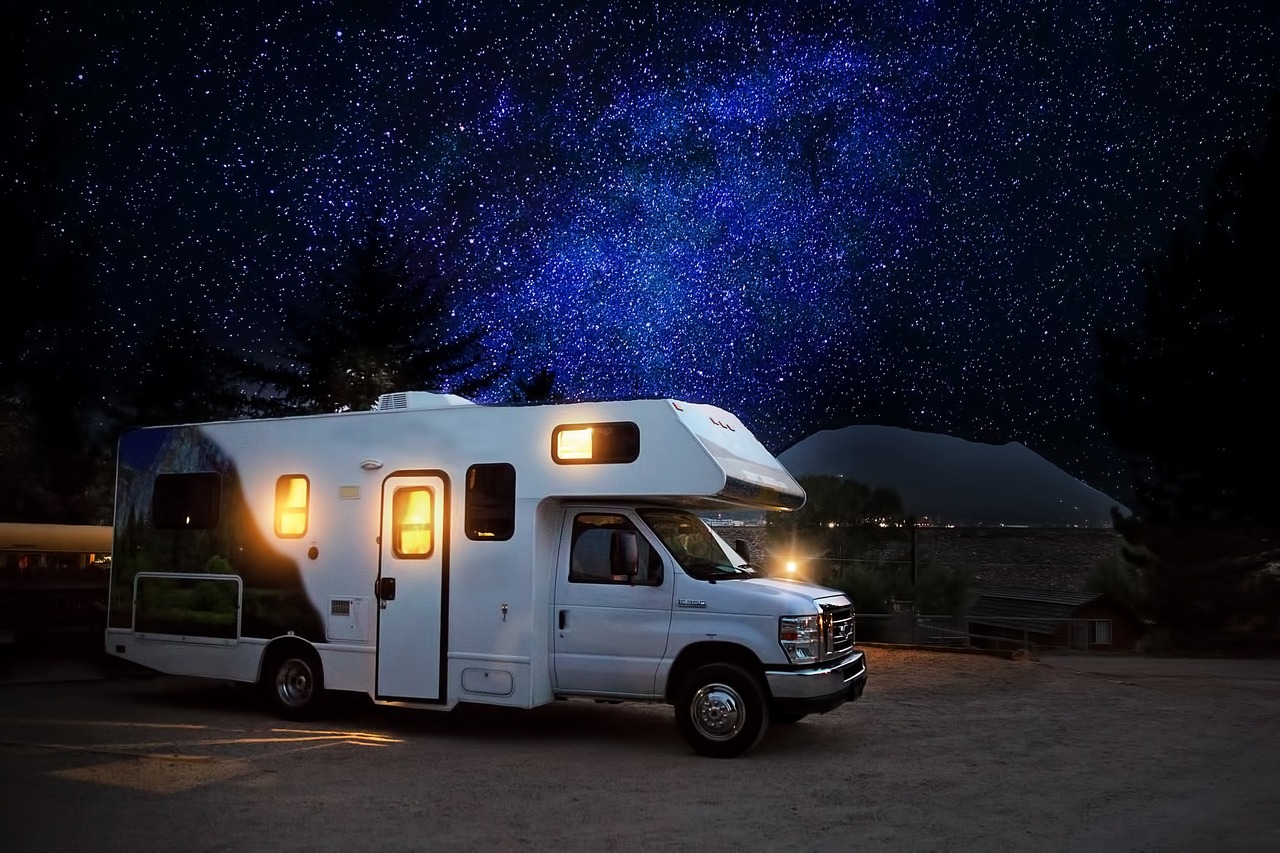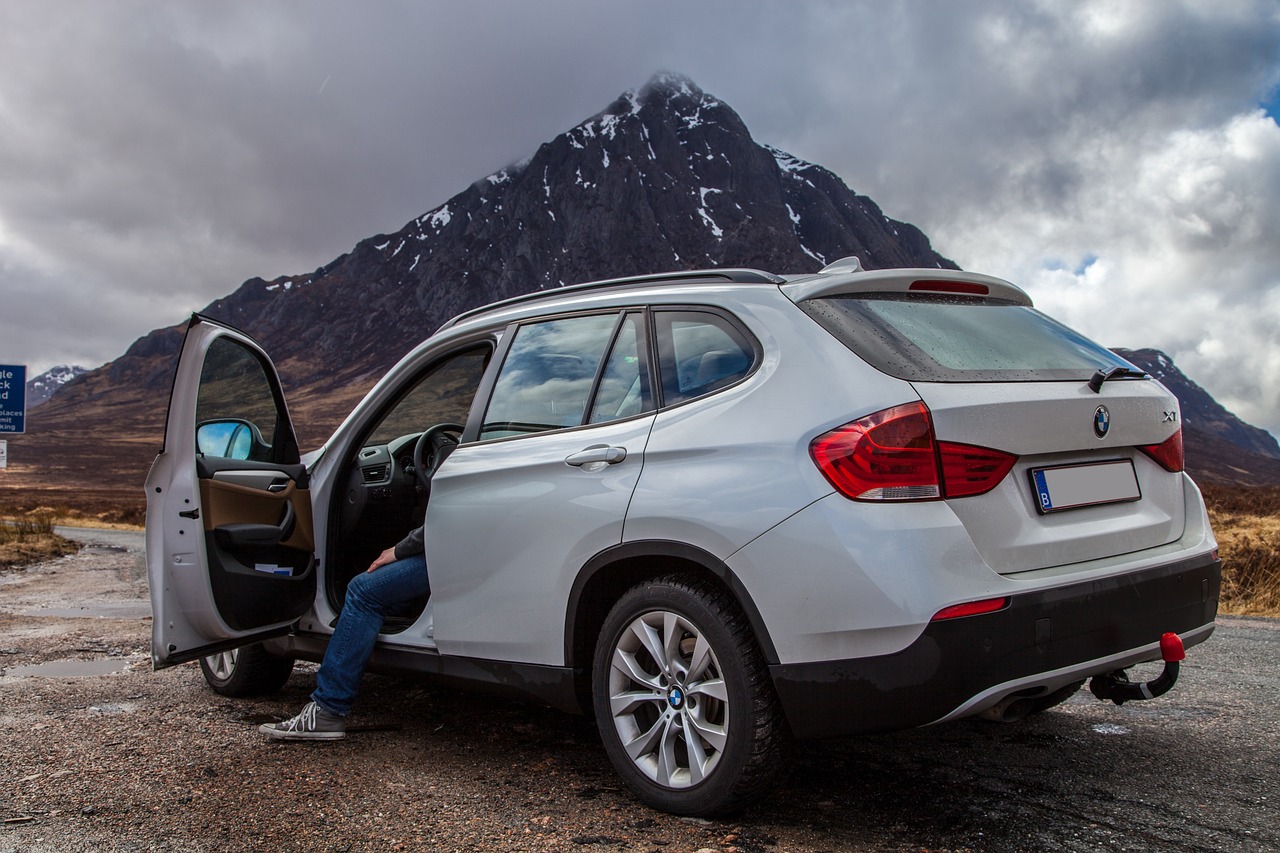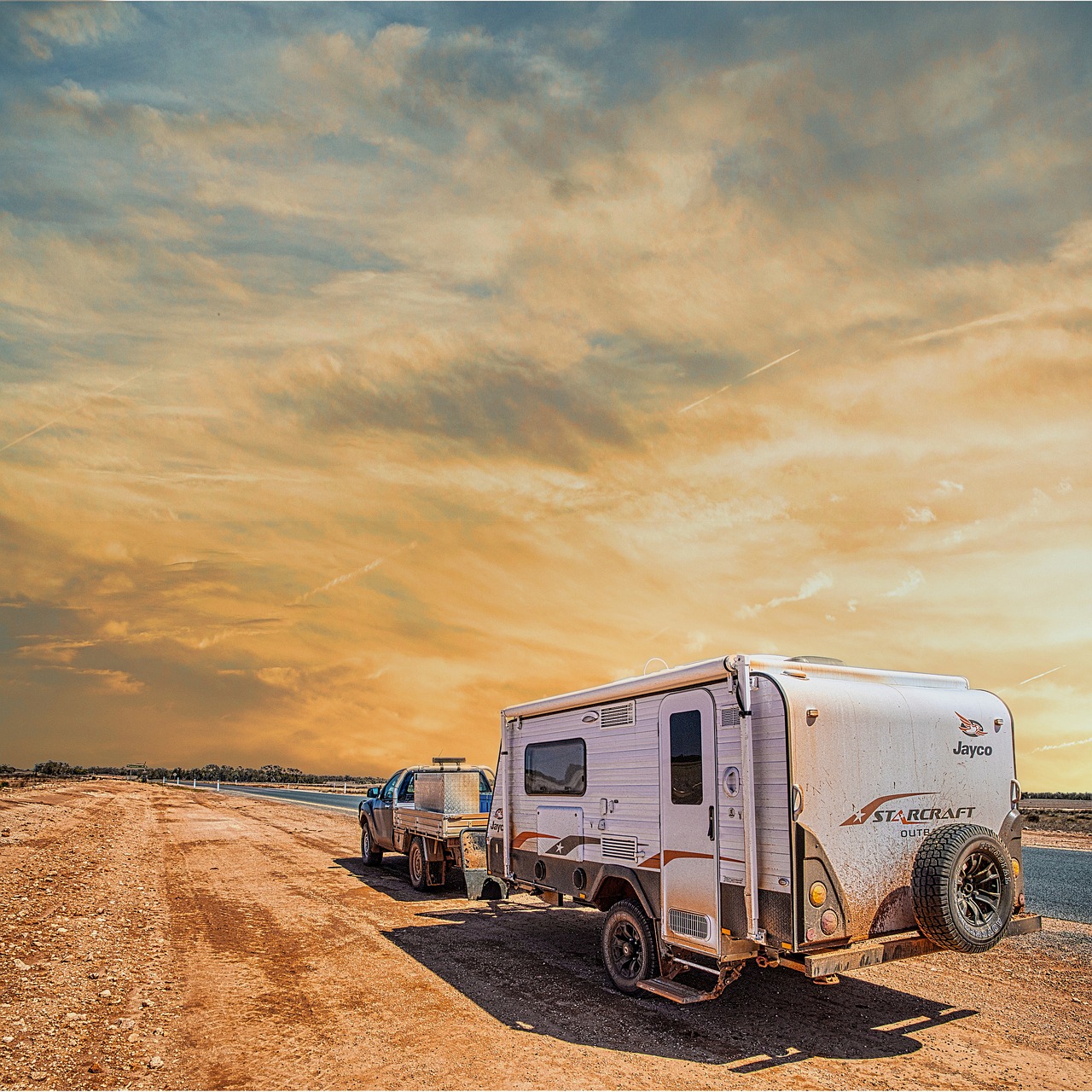Camping stove: nice and warm when used correctly
Do you have plans to go camping this winter or next spring? It cools down considerably in the evenings and at night. It is nice to have heating. Which camping stove do you choose and what are the differences? Broadly speaking, there are three options.
gas heaters
Various gas heaters are available in the camping equipment store. These are usually well secured, otherwise they cannot be sold. Examples of this are tip-over protection, thermoelectric protection or oxygen deficiency protection. There is also a grille that protects against the heat and where you can put a kettle of tea water on. The heaters usually run on propane/butane. For use in a caravan or camper, there are models that are specially designed for this purpose. But a universal mobile heater is of course also possible. A roller stove is very mobile and can often even be moved when the stove is on. Gas heaters are generally more economical than other heaters for heating one room.
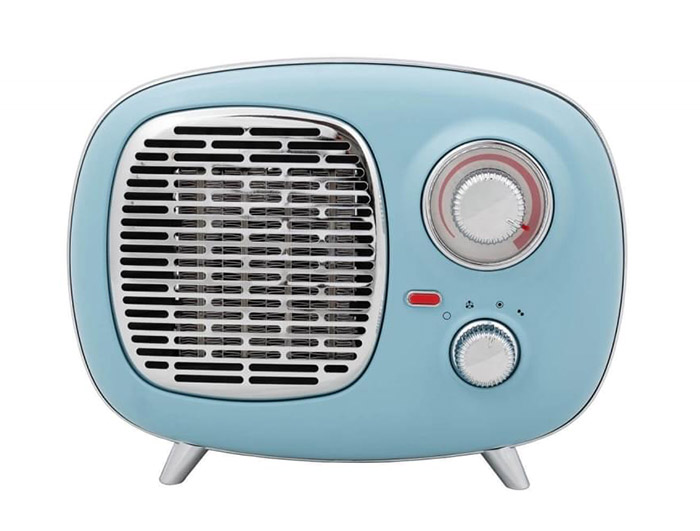
Electric camping stove
With an electric heater you can quickly bring a tent, caravan or camper to the ideal temperature. Most electric heaters are compact and therefore easy to take with you on a camping holiday. In addition, they are generally a lot cheaper than gas heaters. An important point is that you must carefully check the power consumption. If this is too high, you will not make friends on a campsite that is suddenly completely dark. When connected to a battery and the inverter, your own power supply will quickly be exhausted. Electric heaters can be set to different settings. There is also a difference between heaters with or without a fan. The heaters without fans provide radiant heat, the heaters with fans ensure that the heat is evenly distributed in the room.
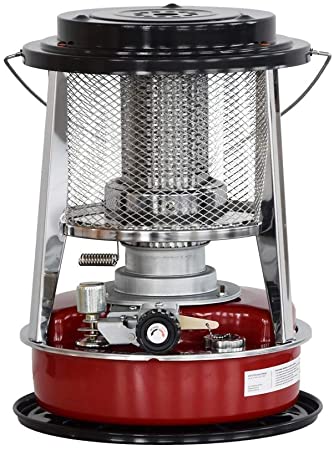
Oil heaters
Oil heaters are known to provide pleasant warmth. It feels like a warm blanket being wrapped around you. In addition, oil heaters are very economical. With one liter of fuel it is possible to heat your camping equipment for about five hours. The oil is relatively cheap. So heating with this camping stove is economically attractive. The heat efficiency of 85 percent is high and the room also stays warm for longer. Just like electric heaters, oil heaters are available with and without a fan.
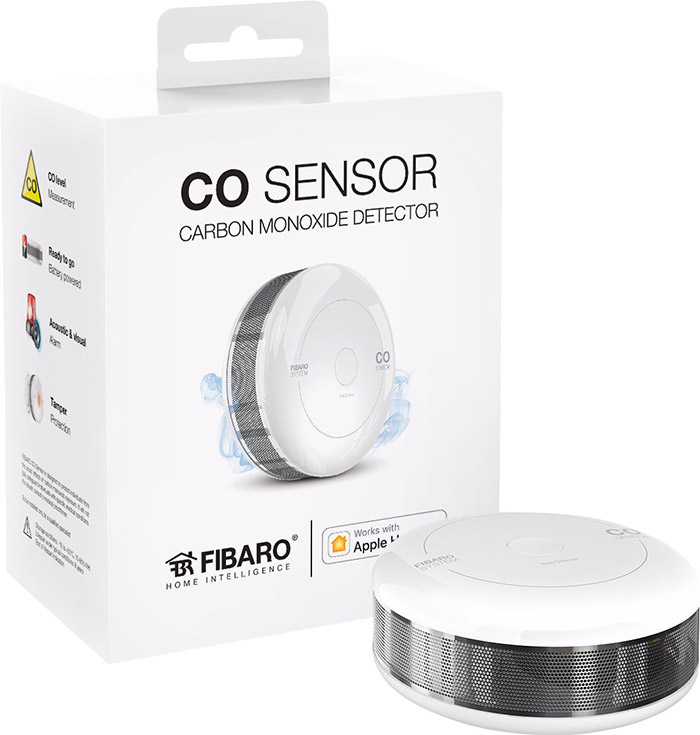
Carbon monoxide
Every manufacturer or seller of an oil or gas heater will swear that no harmful gases such as carbon monoxide, soot or odor are released. However, there is something to be said about that. First of all, there is the disclaimer that you must ventilate well. Carbon monoxide, an odorless deadly gas, is heavier than air and will build up from the floor. A higher window is then not sufficient. Carbon monoxide (CO) is caused by incomplete combustion. If a camping stove with an open combustion is completely in order and the right fuel is used, there is not much to worry about. But when a fuse or wick is damaged, a dangerous situation can arise. The combustion is then no longer complete, with the result that you no longer wake up without the correct measures. Ventilation is important for this, leave the door ajar. But even more important is installing a CO detector. Place this layer, near the burner. This way you will be woken up on time and you don't have to forego the cost of a few tens of euros.
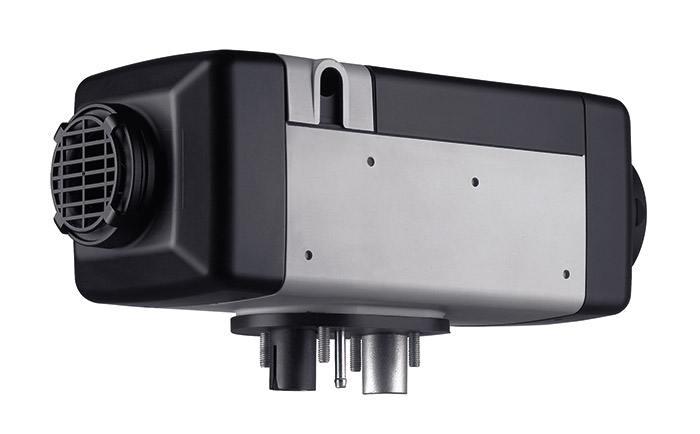
An electric camping stove is the safest choice, but power consumption is a point of attention. Gas or oil heaters can also be used provided you ventilate and install a CO detector. A built-in heater is preferred for a camper or caravan, as it has an exhaust to the outside, which reduces the risk of gas formation. But here too, the installation must be in order and it is wise to install that CO detector even with a permanent built-in stove.
Looking for a handy camping stove? Then take a look Camping world Hendriks
You can find a matching camper or caravan at CampersCaravans.nl
